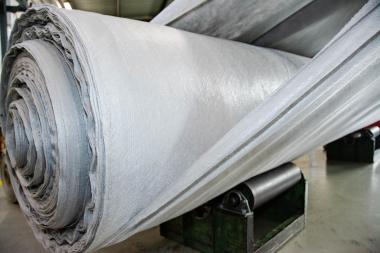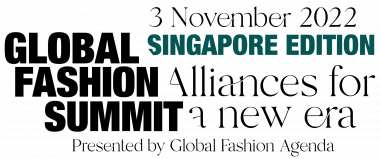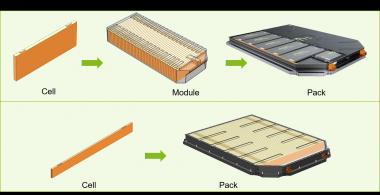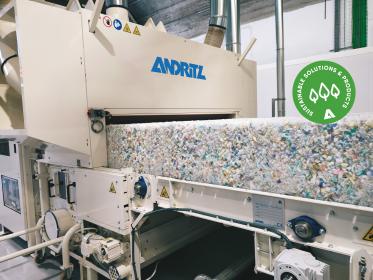adidas introduces FW22 Made with Nature Capsule Collection
adidas has unveiled the latest in its Made with Nature Capsule Collection with a new Ultraboost 22 Made with Nature and Made with Nature apparel joining the range as the brand continues its mission to call time on conventional materials and design out finite resources.
Designed in balance with the planet, the women’s Ultraboost 22 Made with Nature takes the forward-thinking elements of the Ultraboost 22 and amplifies them with natural materials. The shoe is made in part with natural materials – 40% of the knitted upper is made with lyocell, a material created with cellulosic fibers made from sustainably grown wood.
Launching alongside the Ultraboost 22 Made with Nature is a new Made with Nature apparel range, including a performance running wear look for men and women. The apparel range is made with at least 50% organic cotton.
Christopher Wheat, Global Category Director Running Footwear said: “At adidas, we understand that change is not only possible, it’s an urgent necessity. With Made with Nature, we are on a journey to a world beyond plastic. We’re calling time on conventional materials and methods of make. Once depleted, there’s no coming back for fossil resources. But when we design in synergy with natural processes, when we make with nature, we can use materials that regrow or regenerate – and change the way products are made."
adidas AG































